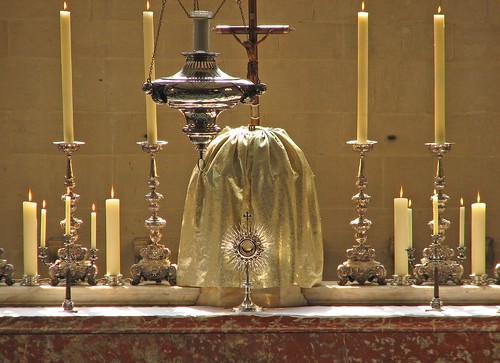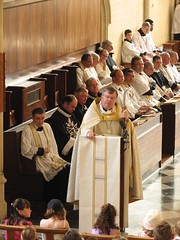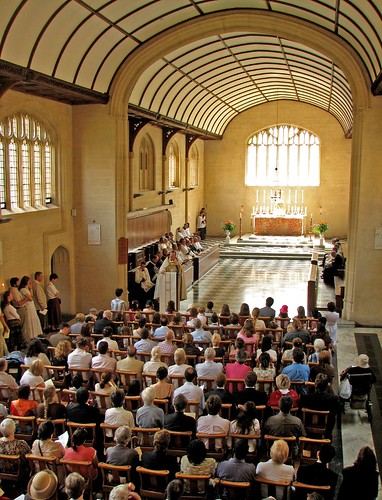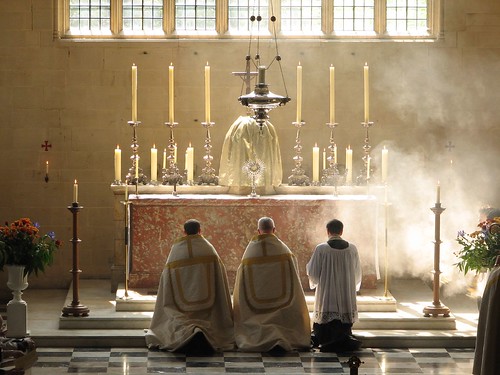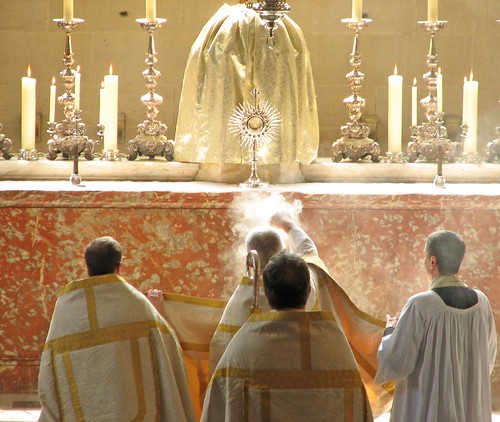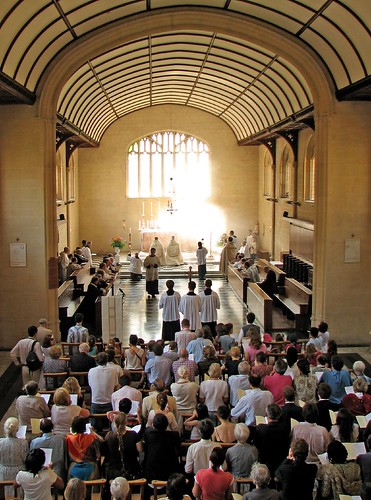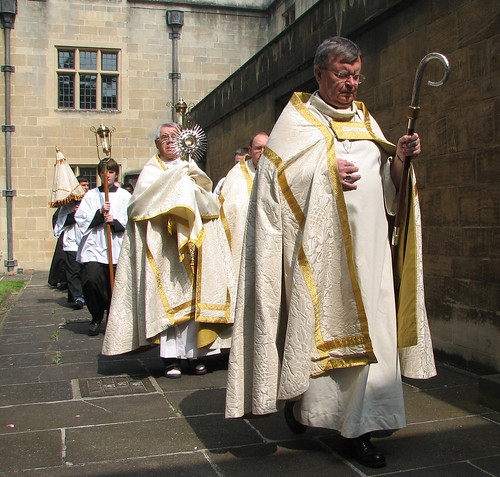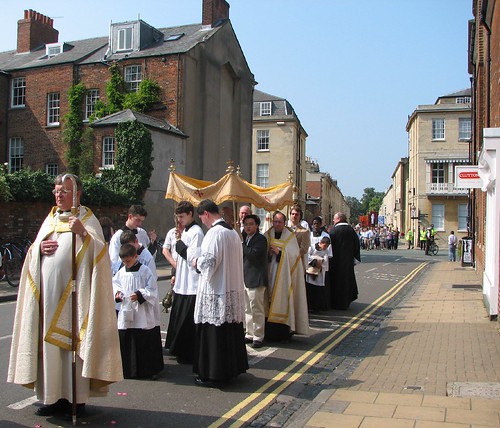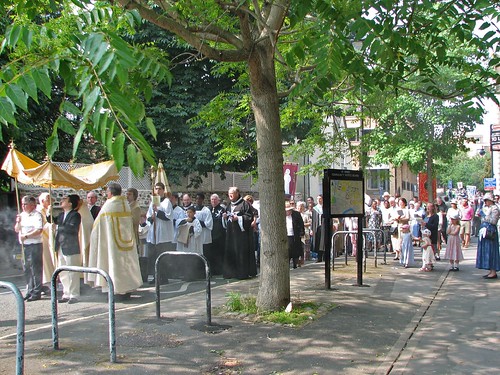Question:Many people sincerely search for God. The multiplicity of religious beliefs as well as agnosticism and atheism indicate that the evidence is not clear. Why doesn't God make things clearer, so that those of good will reach broadly the same conclusions?Answer:This is a great question, and a difficult one. In fact there are two questions in it:
What has God done to reveal himself to us in a way that is accessible to us? And,
why does he not ‘make’ everybody ‘reach the same conclusion’? So the first question concerns revelation, the second one is about human nature.

God revealed himself to us through one of us, Jesus Christ. It was
not only through words and various action of Jesus, but through his whole life as a person. Still more, it was not just a person, but the Word of God made flesh, a divine person. Christ points to the Father, because ‘he and the Father are one’. As Christ is sent by the Father, so he sent out his disciples to preach the word and to love one another as he had loved them. He gives to the Church, which is his Body on earth, the Spirit to guide its members and lead them to the fullness of truth. This is the history of revelation and salvation – in a nutshell.
Could this have been done in a better way? This is a speculative question. Surely we can come up with lots of improvements ‘on paper’, but in practice, God’s plan of revelation and salvation did take into account that we are free creatures. A lot of things might have been done otherwise, but humanity acted in such ways that we bear some consequences for what our ancestors did. God has always respected our freedom. So it seems to me that we need to have a closer look at our condition and why it is that we can search for God ‘in good will’ and come up with such a variety of answers.
So let us think a bit about human nature.

The coming of Christ also revealed to us what it is to be properly human. We are made in the image of God, and always strive to achieve a better likeness with God. The image of God in us is our ability to understand and know (and therefore to choose) and to love. This is, however, a process. Nobody is born a ‘complete’ human being. We grow, develop, learn and in doing this we have the promise of the help of the Spirit, provided that we do search. Not everybody is able to do this. Some people ‘of good will’ are oppressed by all sorts of real problems, such as hunger, war, etc. This is where it is not so much preaching the Word by the Church as the works of love that are crucial. We cannot help those who suffer by preaching only. We need to preach by our love, by actively helping them. Other people of good will are restricted in their way of thinking by the culture or society they live or lived in. Think about the reaction of the people to whom Jesus preached: "This is a hard saying; who can listen to it?" Think about the persecution of the early Church by the Romans, etc. etc. I think that a vast majority of those were actually people of good will, who at some stage of their lives stopped searching for truth. They were comfortable with what they already had, not realizing, I think, that the truth is bigger than them and thier ways, and that the search for truth never ceases. God respects this. The whole beauty of human nature is that it always grows, and always remains free to reject the love of God. Not that the rejection itself is something beautiful but that in our free choice we are like God. We can exercise our free choice so that we reach ultimate freedom by being united with God, or we can choose to confine ourselves in our creatureliness, by rejecting God’s love.

I’m not sure whether this provides a sufficient answer to your question. Probably not, as no sufficient answer can be given ‘in the abstract’. Concrete individuals had their specific history of life, in which they either found the truth, or found some truth, or rejected the truth. Why did it happen? We would have to look at each of them separately, as we can give no common reason just by analyzing our common, human nature. The final point I want to make is that people can reach certain truths about God on various levels. Let me illustrate this: if I attack you in order to convert you to Christianity, I’ll probably fail to do it, but you are most likely to realize that the God you would rather believe in has nothing to do with violence. In this, you would actually reach a truth about God. At the end of the day, was it not Job who, being not a member of the Chosen Nation, was actually the only one who in the Old Testament is said to talk truly about God?
The Catholic Church's understanding of how God has revealed Himself to us, and of how that revelation is handed on from generation to generation, is presented in Vatican II's Dogmatic Constitution on Divine Revelation (Dei Verbum). For the text, click here.













